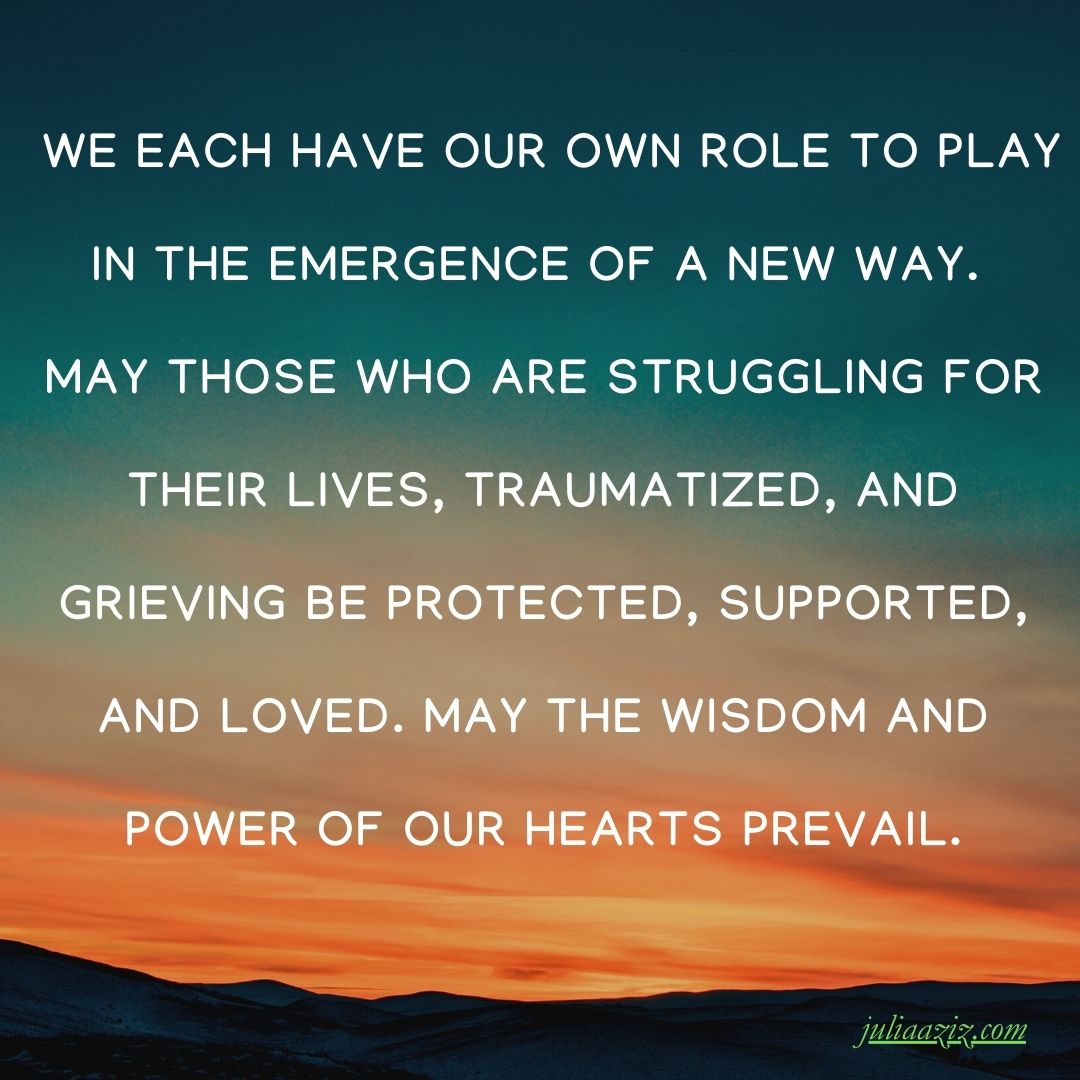I’m curious, who showed you how to feel and process anger in a healthy way?
(Just kidding, that’s not a fair question!)
Depending on our background, we may have learned to numb or suppress negative emotions, beat ourselves up, or lash out, but it’s pretty rare for an adult reading this today to have grown up in an environment that modeled well how to work with feelings like anger, guilt, shame, or fear. It’s something we as a species are still learning. We continue to trigger negative emotions in each other all the time though–that’s just being human and living in society with other humans. Part of growing into adulthood is learning how to respect what we feel while also respecting other people’s experience, and while that may sound extremely basic, it’s often extremely missing.
You may have heard the term “shadow work” before, and it may mean something different to you than it does to me. For simplicity’s sake, I’ll define it here as finding a way to work with the thoughts, feelings, and parts of ourselves we’d prefer to banish to the basement of our consciousness. Let’s say you read, hear, or see something that gets your ire up. You begin to look for fault, but rather than inwardly or outwardly blaming (or avoiding), you pause. You say to yourself, “Hey, let’s not focus on who’s wrong right now. I’m more curious about what’s happening inside you?” Maybe you notice a little voice that’s feeling scared or lost, along with some tension in the body. And you don’t try to do anything; you just be kind about it. You offer empathy and compassion to yourself the way you would if a dear friend was sharing something similar. Giving attention to thoughts, feelings, and sensations with care in the heart, you may find yourself breathing more deeply and noticing more nuance. Maybe there is something to say or do now or maybe not. At some point, you’ll know what the next step is for you.
This is just one of many different ways we can work with triggers. Shadow work helps us to be less controlled by our conditioning and inner demons, so we can return to our truest essence. The big triggers need big patience and support. And if we’re often holding space for other people’s triggered feelings, making room for our own is doubly important.
Anger is part of a guidance system–it points us toward boundaries that need setting and power that needs rebalancing. Once we’ve moved through its fire, we can use it as fuel for change. Rather than asking who is to blame or getting stuck ruminating over what other people are doing, we might look at questions such as: How can I accept my whole self, with all my feelings and history, and take courageous action from a place of centered clarity? What is my unique role here to play in the bigger context? As social beings, we have the power to regulate and disregulate each other. In tending to ourselves and showing up again to the complexities of living in society, we make a difference.
The quieter voices in the room, just like the quieter voices in ourselves, have some important things to say. Listening and learning, we evolve together.
In the school of life with you, in gratitude for our connection,
Julia Aziz
Sign up for my mailing list to receive reflections like this in your inbox.
PS-If you need at-home support with the kind of shadow work we’re talking about, try the simple practice outlined in this little book. It’s an affordable, accessible resource for anyone feeling challenged by negative emotions and looking for a new way.
PPS-Here’s a song by the Middle East Peace Orchestra for more support to feel.
